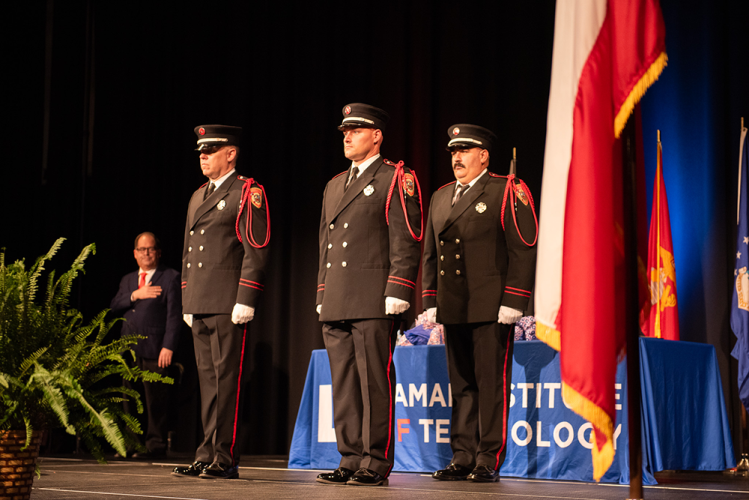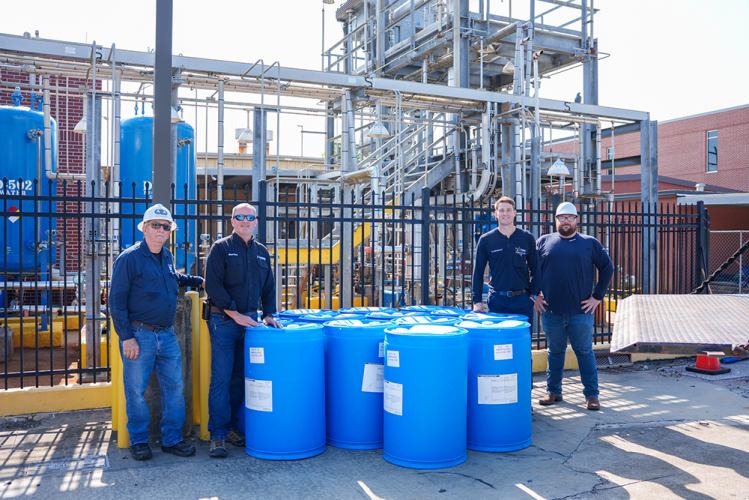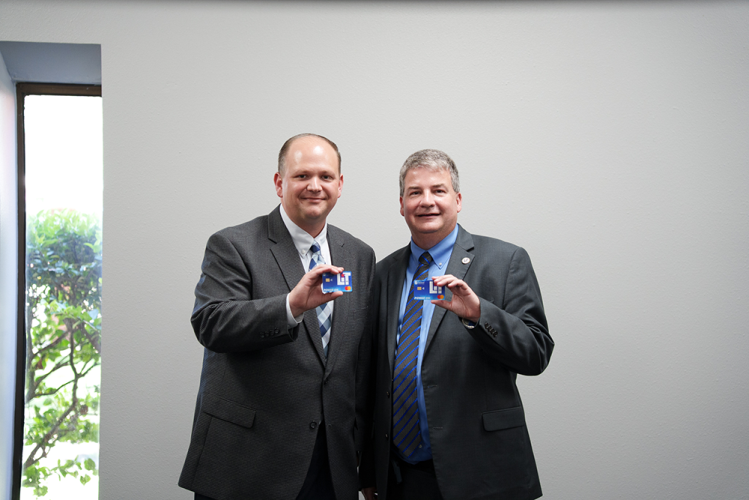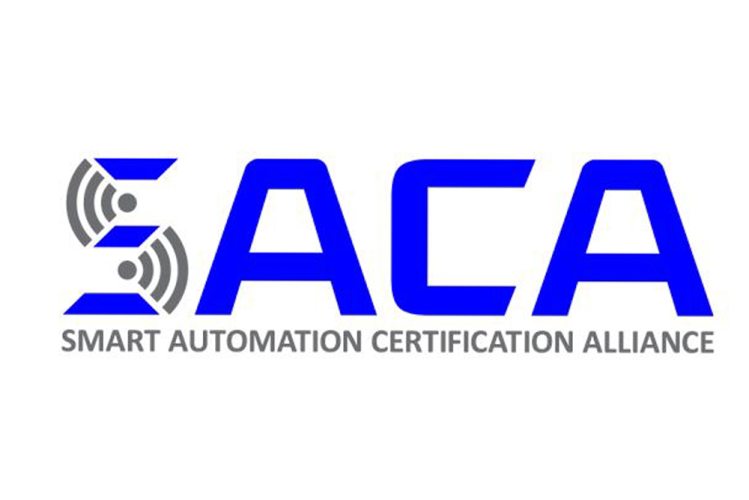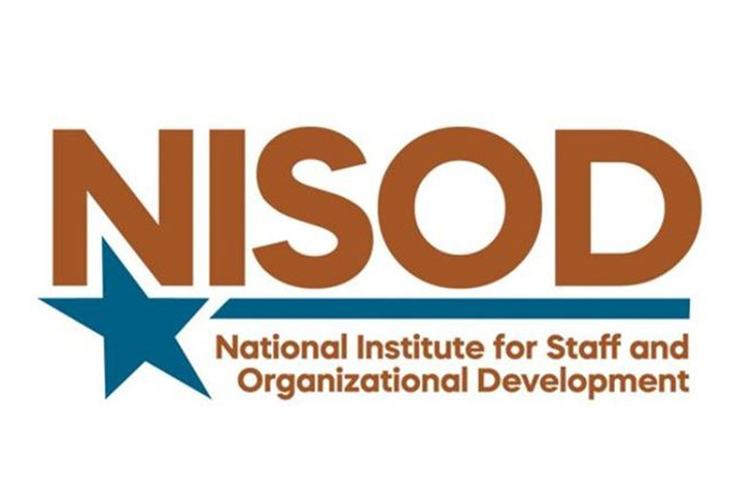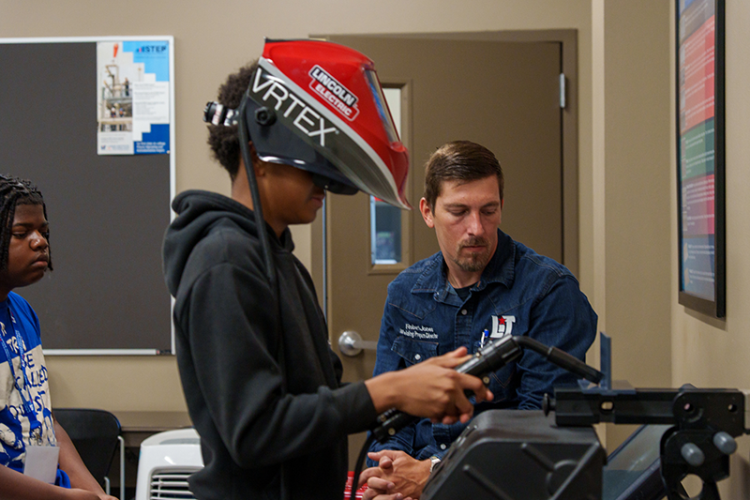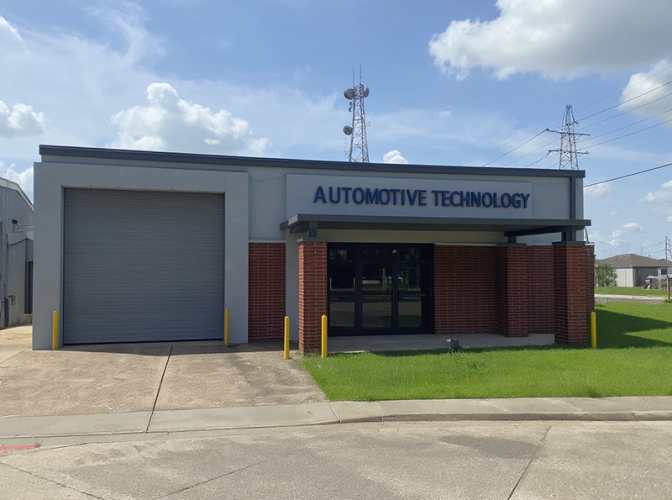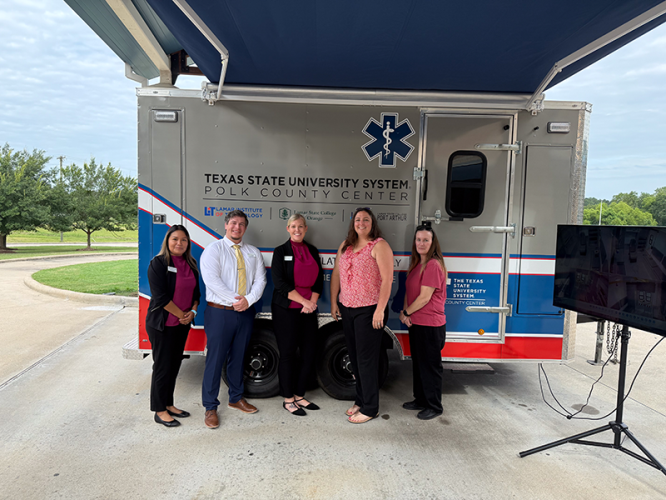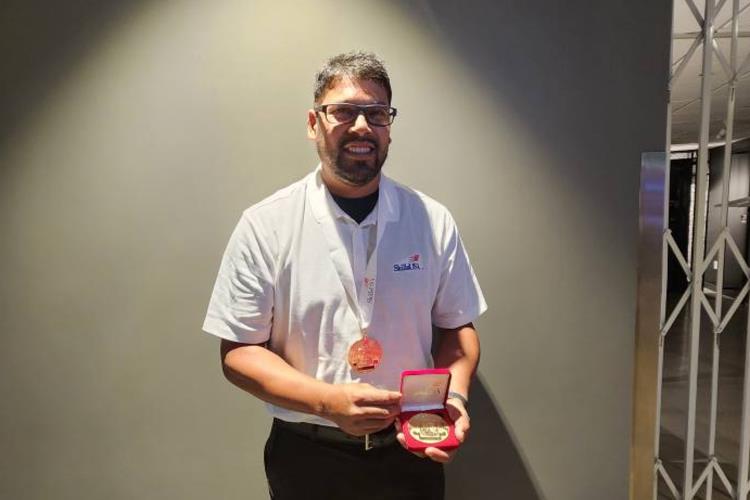Dental Hygiene Partners with Texas Mission of Mercy to Provide Services to Community
2/1/2024
The Lamar Institute of Technology (LIT) Dental Hygiene Clinic is collaborating with the Texas Mission of Mercy, Inc. and Texas Dental Association to provide dental services to underserved residents of Jefferson and Hardin counties. The organizations held one event on January 26, and will hold two consecutive events from 8 a.m.-5 p.m. February 23-24 at the Lumberton Performing Arts Center.
Texas Mission of Mercy, Inc. is a multi-annual travelling dental clinic providing basic dental care to Texans with limited resources and/or access to care that sets up in urban and rural areas all over Texas, visiting four cities each year.
“Local dentist and Dental Hygiene Advisory Committee member, Dr. Alan Coleman, approached us, inviting us to support and publicize the event among students, faculty, and staff,” said Kristina Mendoza, Dental Hygiene instructor. “The reception from both faculty and students was overwhelmingly positive. These events not only play a crucial role in community outreach, addressing oral health disparities, and providing essential hands-on experience for dental students, but they also evoke a strong sense of fulfillment among the students. Engaging in such events allows students to actively contribute to community service, enhancing their understanding of real-world dental challenges while fostering a commitment to making a positive impact on the lives of those in need.”
The students performed "pre-screenings" for the patients, before they moved on to receive fillings, extractions, root canals and other treatments needed from Texas Mission of Mercy, Inc. professionals.
“Prescreening at a dental health event involves evaluating individuals to determine their eligibility and safety before receiving dental services. This comprehensive process includes assessing medical history, oral health, and identifying risk factors such as allergies or existing medical conditions,” said Mendoza. “The insights gained from prescreening aid in efficiently directing individuals to appropriate services or scheduling follow-up appointments if needed, contributing to the effective and targeted delivery of dental care to the community.”
Mendoza said this commitment to service learning allows students to apply theoretical knowledge in real-world contexts, honing their clinical skills and adaptability. It also instills a sense of professional responsibility, fostering ethical practice and a deep understanding of the societal impact of healthcare.
“Working in diverse community settings promotes cultural competence, while encounters with individuals facing limited access to dental care build empathy and compassion. Establishing connections with the community through service initiatives not only benefits the students but also strengthens the relationship between the educational institution and the local population,” said Mendoza. “Overall, community service is a pathway to personal and professional growth, contributing to the development of well-rounded and socially conscious dental hygiene professionals.”
